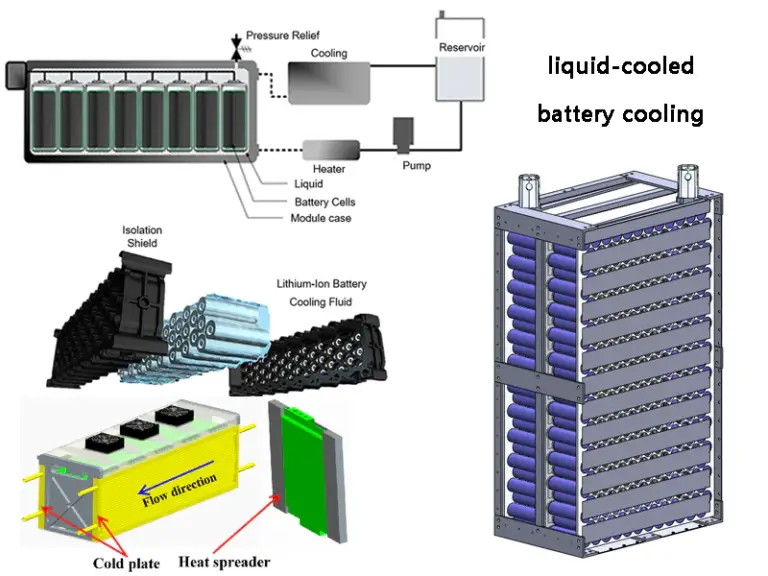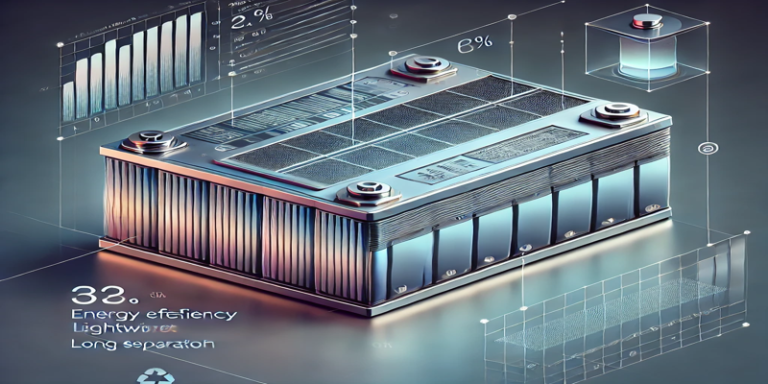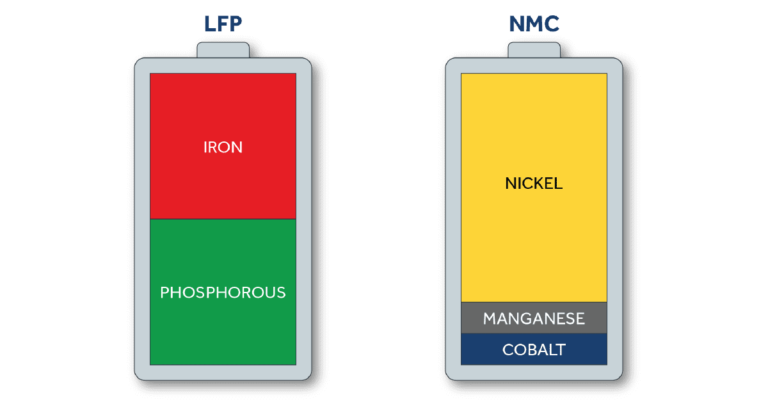12.8V 60Ah LiFePO4 battery
LNC1260 model pass UN38.3/MSDS/Air and sea Testimonial.

For Lithium ion battery including lifepo4 battery, its safety transportation paper is UN38.3 report, whose tests including 1, Altitude simulation/Thermal test/Vibration/Shock/External short circuit/ Crush or Impact/Overcharge/Forced discharge for both cells and battery pack. LNC choose A grade cells, and robust BMS to make battery pack safest. All cells we choose pass almost all certifications, like UL1642/BIS/PSE/CE/Rohs/IEC62619/IEC61960/IEC62133/ and CB/UN38.3 and MSDS.











